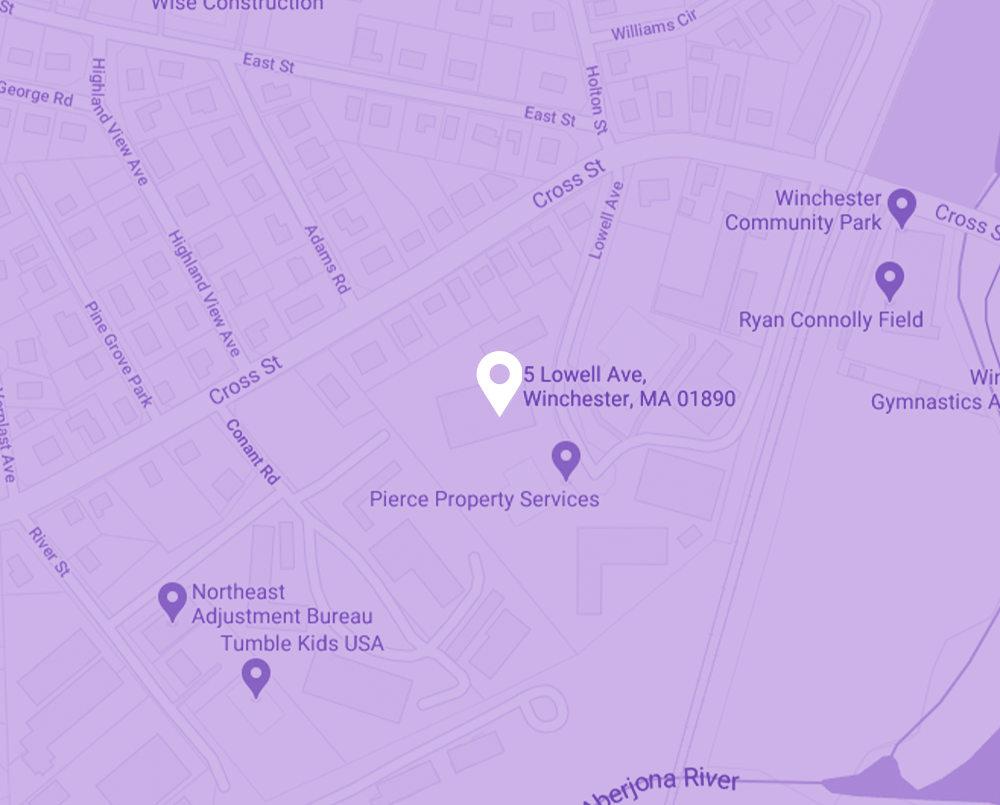Fill out the form to inquire about anything at Acera.
We want to hear from you! Whether you’re asking about our Admissions process, our Enrichment Programs, career opportunities or AceraEI, submit your question here and we’ll direct it to the relevant Acera staff.




